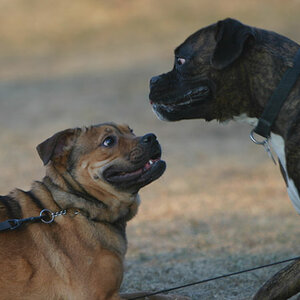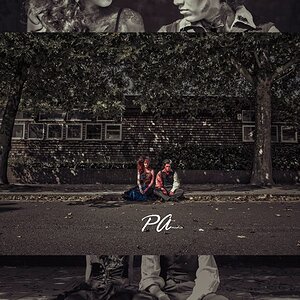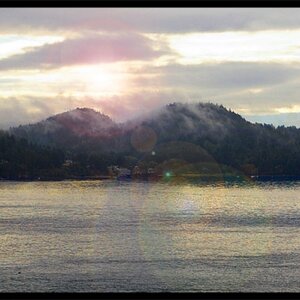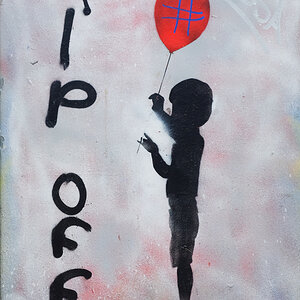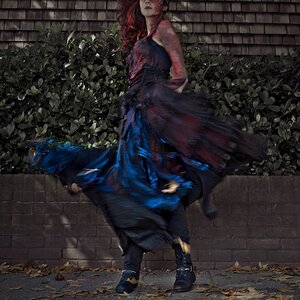journeyman
TPF Noob!
Ansel Adams Wrote in the begining of his book, The Print.
"...the final expression of the photographer's visualization- the print... a negative is only an intermediate step toward the finished print, and means little as an object itself. Much effort and control usually go into the making of the negative, not for the negatives's own sake, but in order to have the best possible "raw material" for printing.... it would be a serious error to assume that the print is merely a reflection of negative densities in positive form. The print values are not absolutely dictated by the negative, any more than the content of the negative is absolutely determined by the circumstances of the subject matter."
These days it feel like that attitude is lost. Many instead snap away producing medicore images which are than spurced up in a computer program later. However the point being made is if you start with a medicore intial image then you will only yeild a medicore print.
With all the modern advances in photography (moving to digital) The ease of everything being done for you has changed how people take photographs.
It is easy these days to go for a walk and snap off pictures. Most of the time you end up with good looking images without much thought. It is harder to visulize an image in your head and wait until the exact moment when the possibilty arises to achieve that image.
The later is what I try to do and what photgraphy in essence means to me. For now I do not have the skill to achieve images I think of in my head so I save them away in a part of my brain until I can take the picture and do it justice.
Photography is really what you make it and you get out what you put in. I just thought it would be nice to share what it means to me I may have rambled a bit and you might not care what i have to say but I wanted to say it so i did.
"...the negative is similar to a musician's score, and the print to the performance of that score. The negative comes to life only when "preformed" as a print."
I'll get off my soap box now.
"...the final expression of the photographer's visualization- the print... a negative is only an intermediate step toward the finished print, and means little as an object itself. Much effort and control usually go into the making of the negative, not for the negatives's own sake, but in order to have the best possible "raw material" for printing.... it would be a serious error to assume that the print is merely a reflection of negative densities in positive form. The print values are not absolutely dictated by the negative, any more than the content of the negative is absolutely determined by the circumstances of the subject matter."
These days it feel like that attitude is lost. Many instead snap away producing medicore images which are than spurced up in a computer program later. However the point being made is if you start with a medicore intial image then you will only yeild a medicore print.
With all the modern advances in photography (moving to digital) The ease of everything being done for you has changed how people take photographs.
It is easy these days to go for a walk and snap off pictures. Most of the time you end up with good looking images without much thought. It is harder to visulize an image in your head and wait until the exact moment when the possibilty arises to achieve that image.
The later is what I try to do and what photgraphy in essence means to me. For now I do not have the skill to achieve images I think of in my head so I save them away in a part of my brain until I can take the picture and do it justice.
Photography is really what you make it and you get out what you put in. I just thought it would be nice to share what it means to me I may have rambled a bit and you might not care what i have to say but I wanted to say it so i did.
"...the negative is similar to a musician's score, and the print to the performance of that score. The negative comes to life only when "preformed" as a print."
I'll get off my soap box now.



